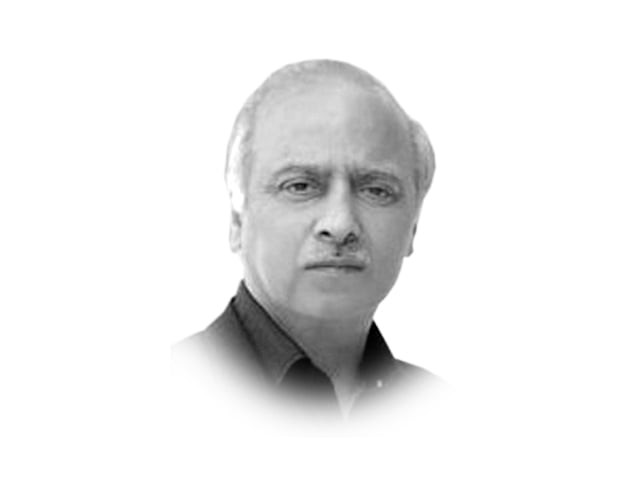Intelligence cooperation: a game changer?
Information sharing can generate a momentum of its own and work to the benefit of both India and Pakistan

The writer heads the independent Centre for Research and Security Studies, Islamabad and is author of Pakistan: Pivot of Hizbut Tahrir’s Global Caliphate
The caution came from Pakistan’s national security adviser, General Nasser Khan Janjua, who informed his Indian counterpart, Ajit Doval, about a group of fidayeen from the LeT and the Jaish-e-Mohammed (JeM) cadres, possibly on a mission to a major strike in Gujarat. This alert, Indian national media reported, spurred four teams of the National Security Guard (NSG) to rush to Gujarat to reinforce security cover at and around vital installations and famous pilgrimage centres in the state. Quite a bit of drama that, ironically, placed the name of Pakistan on the radar of the Indian media the whole day. This time, for a mix of good and bad news though. The bad centered on LeT and JeM militants and the good related to the alert from General Janjua to counterpart Doval. This helped in dampening the noises about Pakistan, and some even talked of a possible game changer in the bilateral acrimonious ties.
Most commentators such as Vivek Katju and Rana Banerji, a former special secretary of RAW, and AS Dulat welcomed the news, albeit with ifs and buts. Katju, who had led the negotiations for the release of the hijacked flight 814 from Kandahar in December 1999 and later served as the Indian ambassador to Afghanistan, said prima facie the intelligence sharing augured well and we should welcome it.
“This sort of cooperation is certainly new. It hasn’t happened before and needs to be taken seriously,” Banerji said during the same show. “We need more time to assess things — how constant is the change or whether the Pakistani side is playing safe,” Banerji was quoted by Hindustan Times.
The Hindustan Times also quoted AS Dulat, a former chief of the Research and Analysis Wing, as saying “It’s not a game changer but it’s certainly a very good development. It could be the beginning of many possibilities.” As a whole, most analysts welcomed the move by General Janjua. Quite surprising how a small piece of information can help generate such goodwill for a country that is bashed day in and day out! Does this also indicate that the rare alert of a possible terror strike during Shivratri has unfolded possibilities for an Indo-Pakistan counter-terror cooperation?
Irrespective of a ‘yes’ or ‘no’ to this, this episode proved that information sharing can generate a momentum of its own and work to the benefit of both countries.
This glimpse of “goodwill created out of a small piece of information” in fact holds great promise for a person familiar with the present-day Afghanistan, where the Indian footprint has grown ever bigger in the past decade. Whether the power corridors — the Presidential Palace, the ministries, or the new Parliament building inaugurated on December 25 by premier Narendra Modi, or public at large, the Indian presence and the goodwill for it is abundantly discernible. It is seen as a benefactor that has invested in democracy, health and education. Very succinctly and successfully, both Afghan and Indian officials have cultivated their cooperation as a bond between the “best friends.” In contrast, Pakistan suffers from a negative image, reinforced after Sartaj Aziz’s famous statement in Washington on relations with the Afghan Taliban. But the issue is much deeper. The Pakistan-focused Indo-Afghan strategic communication is a direct consequence of the conflicting interests and views of the three countries. That is why the British historian William Dalrymple calls the region “the deadly triangle.”
Now, the latest exchange of information between the Indian and Pakistani national security advisers begs a major question; if this can happen, why cant it happen between the two in Afghanistan? Can such an interaction translate into a game changer for all the three countries? Based on what is playing out in the war of interests in the Afghan capital, one could venture to speculate that any cooperation aimed at preempting, neutralising and eventually chucking out terrorist networks among the three countries could most probably become the best connector among the three nations.
Published in The Express Tribune, March 9th, 2016.
Like Opinion & Editorial on Facebook, follow @ETOpEd on Twitter to receive all updates on all our daily pieces.















COMMENTS
Comments are moderated and generally will be posted if they are on-topic and not abusive.
For more information, please see our Comments FAQ